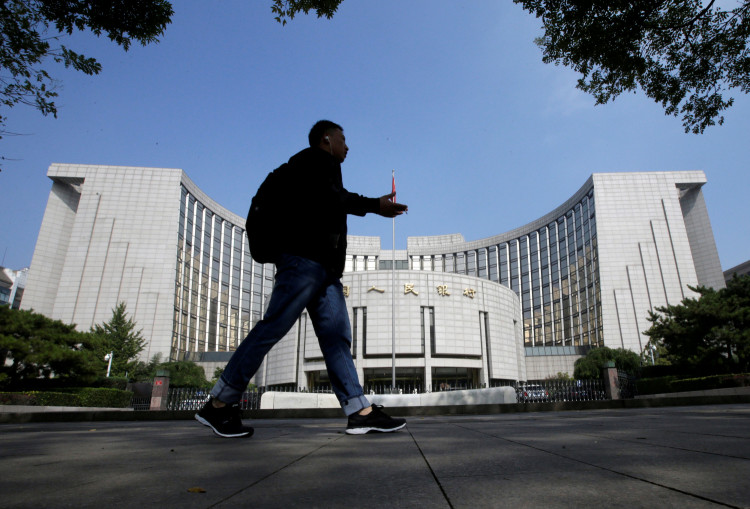People's Bank of China warned of the bubble risk posed by financing and investments on cryptocurrencies, like Bitcoin, and most especially on investments involving Initial Coin Offering.
The paper, written by Xu Zhong, director of the research bureau of China's central bank, and Zuo Chuanwei, a PBOC analyst, underscored that virtual currencies could not be a replacement for legal currencies because of its lack of intrinsic value or credible sovereign backing.
The paper also highlighted that cryptocurrencies are extremely vague in nature which makes it hard for authorities to implement anti-money laundering policy and to trace "receipts" of financial transactions.
China has already rolled out policies banning all ICOs since September 2017, the paper noted. At the time, the government declared ICOs as a form of illegal fundraising. The government has also been on a crackdown against ICOs channels. ICOs affected by China's ban has since moved their operations to Singapore, Japan, and Hong Kong.
While the country imposed tougher measures against all forms of virtual currencies, the country was more welcoming about the blockchain technology, the PBOC paper stated.
In May this year, President Xi Jinping described blockchain as one part of the technological revolution. In 2016, the government rolled out its 13th Five-Year Plan which included the blockchain technology as one segment of the economy that China will develop until 2020.
The paper, nevertheless, recommended a more practical approach when using blockchain. The government, therefore, should closely monitor the technology to be able to anticipate and promptly address financial risks that may arise.
Elsewhere, other countries have also floated concerns about the financial risks posed by cryptocurrencies.
For one, the United Kingdom's Financial Conduct Authority warned about the shaky nature of virtual currencies since they were not supported by any central bank or government. Cryptocurrencies have undergone significant price volatility which makes investors vulnerable to financial losses and loss of investments.
In Thailand, Deputy Prime Minister Wissanu Korea-Ngam called for tougher measures to supervise cryptocurrencies. Of particular concern, according to the deputy prime minister, is that digital currencies can be used to fund terrorism. He called for anti-money laundering and terrorism authorities to widen their understanding of virtual currencies for them to be one step ahead of those who are abusing and planning to abuse digital currencies.
South Korean, on the other hand, is home to digital currency exchanges such as Bithumb and Coinbit but has been criticized for ignoring blockchain technology. South Korean lawyers have in fact called for the government to create a legal framework to protect investors from risks that may arise from ventures involving virtual currencies.





